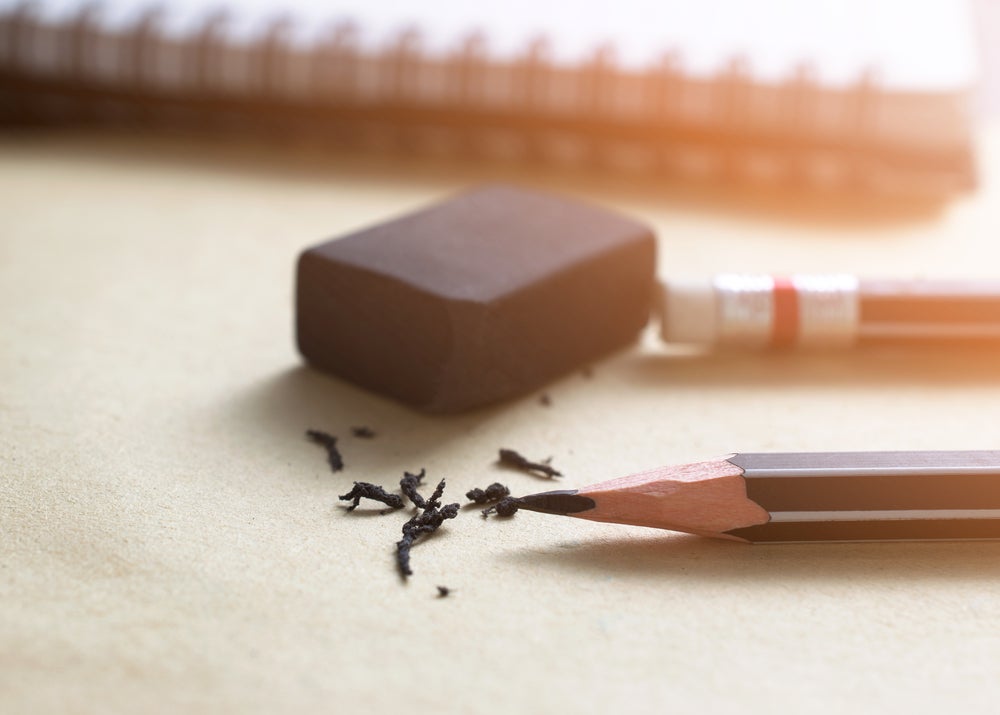
Ahlstrom, Adapa, and Maped have collaborated to develop fibre-based window packaging for erasers, deviating from the traditional blister packs to flowpacks.
The transparent base papers named Cristal are manufactured from natural cellulose fibres and use renewable and biodegradable materials.

Discover B2B Marketing That Performs
Combine business intelligence and editorial excellence to reach engaged professionals across 36 leading media platforms.
Stationery items such as pens or erasers are often single-use and include disposable plastic in both the products and packaging.
Blister packaging should be phased out by companies looking to improve their sustainability, as it involves heating pre-formed PET (polyethylene terephtalate) or PVC (polyvinyl chloride) plastic. It is used heavily in the pharmaceutical and toy industries.
Ahlstrom product manager Guillaume Lavoue commented: “By offering a transparent paper alternative, we are empowering companies and consumers to find fiber-based alternatives for traditional plastic or film substrates without sacrificing functionality or aesthetics.”
Maped product manager Chloe Romanet added: “The entire process, from paper production to conversion, is 100% made in France. When working with regional suppliers who offer sustainable practices, our overall product footprint is reduced through this collaborative value chain.”

US Tariffs are shifting - will you react or anticipate?
Don’t let policy changes catch you off guard. Stay proactive with real-time data and expert analysis.
By GlobalDataAdapa head of sales Franck Caresmel continued: “We found a fibre-based solution with Ahlstrom’s Cristal printed and laminated against a thin BOPP layer locally in France – which at the same time allowed us to reduce the amount of material used.”





